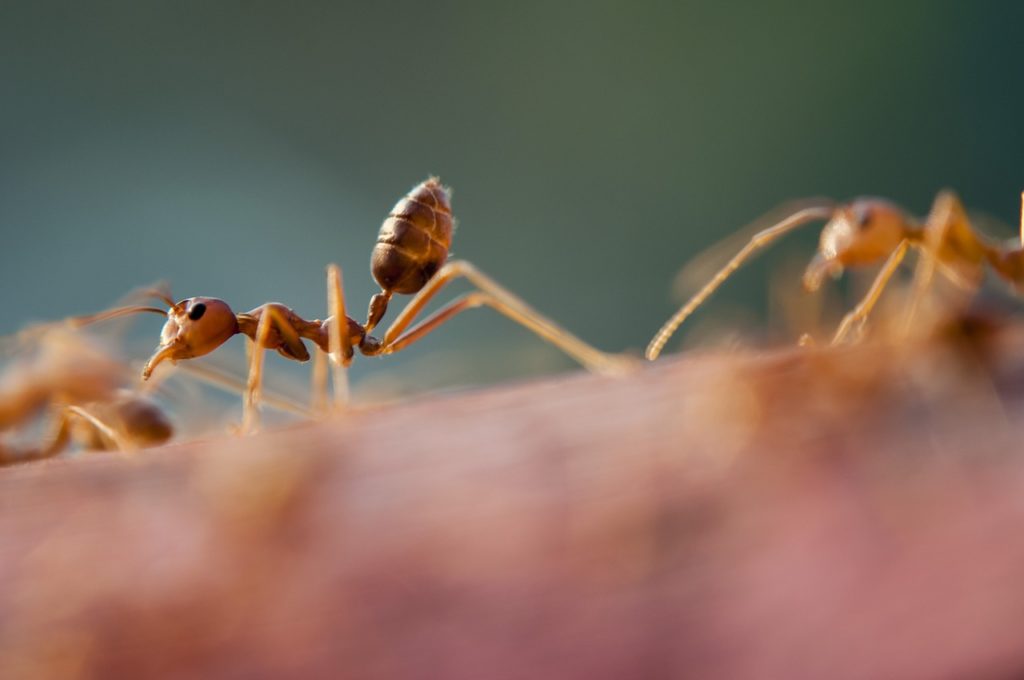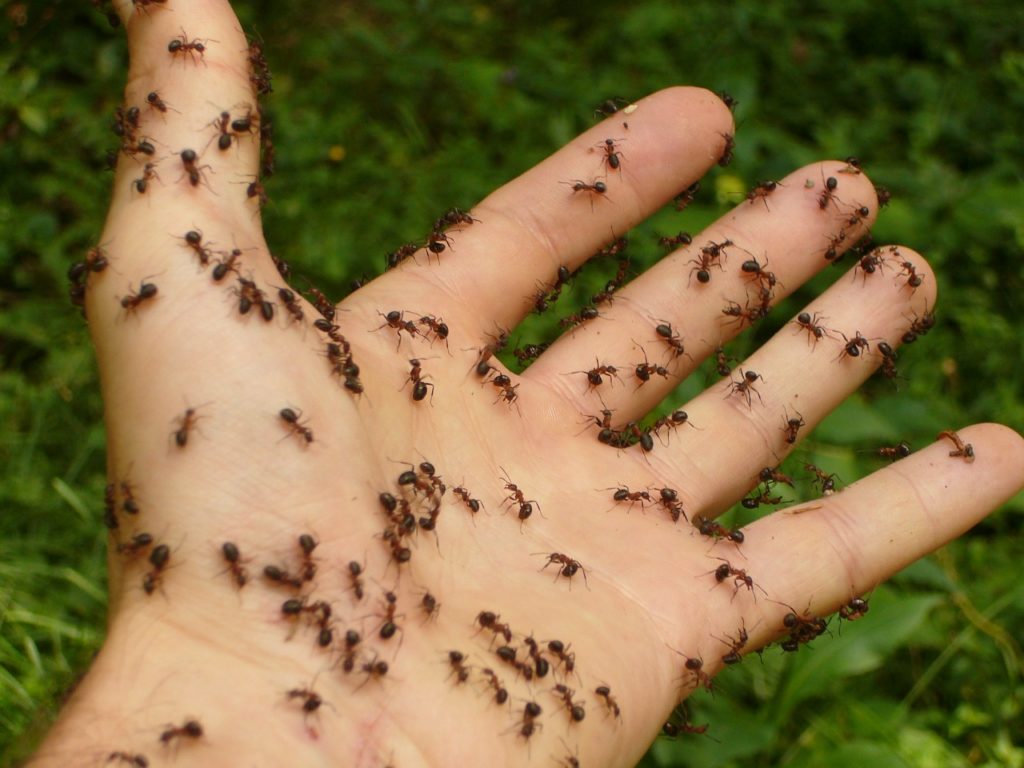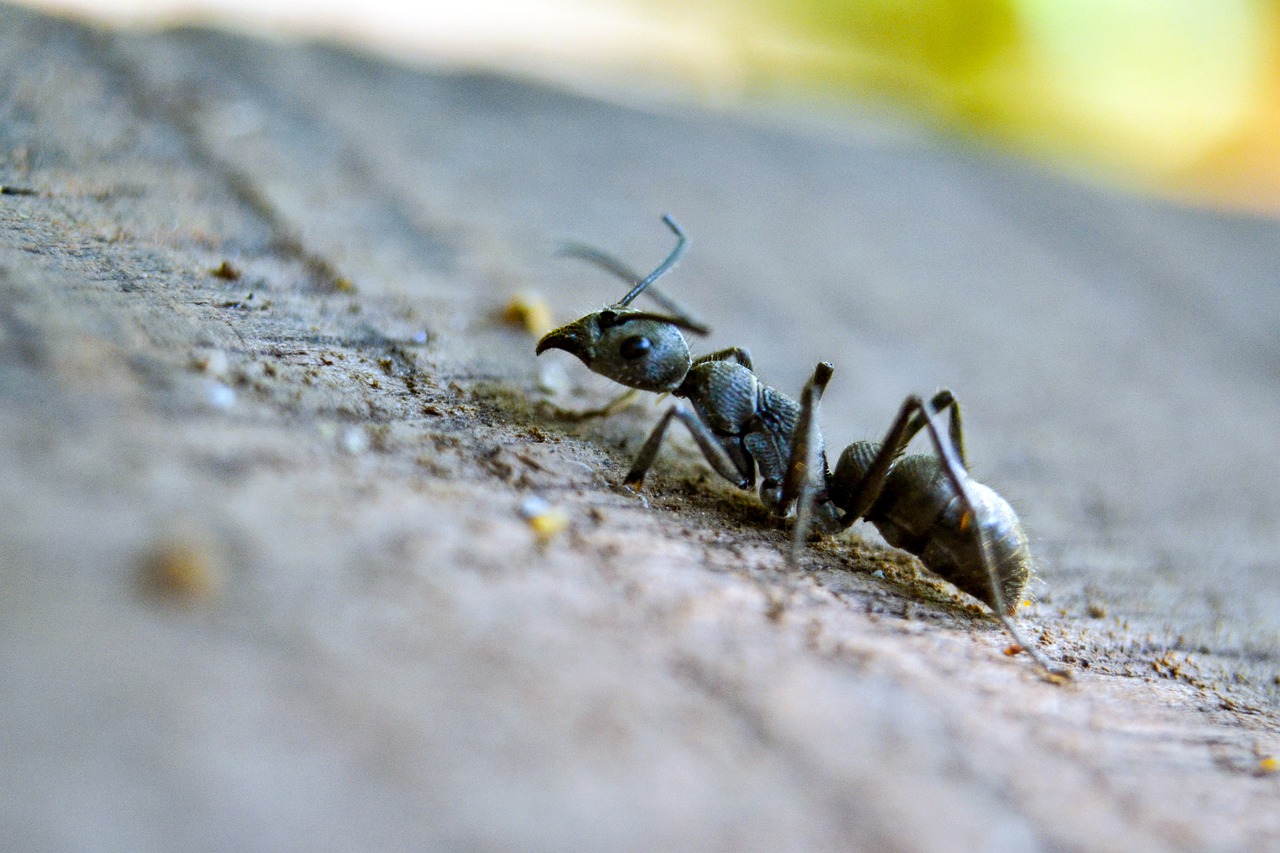Ants are resilient and resourceful creatures, and these traits make them formidable pests in your home. Ants can thrive in a lot of places, such as bathrooms and kitchens. But did you know they can thrive in obscure places too, like your windows? Here is how you can get rid of ants in windows for good.
Why there are ants in windows
First, you have to understand why there are ants in your windows in the first place. If you know the reason why they are on your property, your problem is already half-solved. You can just fix or take away the reason why they are thriving there.
- There are small gaps in windows where they can nest. Ants are only a few millimeters long. They are small enough to go through the gaps in window frames, windowsills, and other parts of your windows. In fact, it’s fairly common for ants to use windows as passageways in and out of your home.
- There is a food source nearby. Ants are foragers. They will scour the general vicinity of their nest to look for resources. If they can find these resources around your home, they will be able to thrive on your property. Their size also allows them to set up nests in the gaps of your windows too. You may see them crawling in and out of your windows as they search for resources.
- The windows are near plants and trees. The ants from your garden, lawn, or yard may be using plants and trees to get to your windows. This is especially true for windows near plants and tree branches. Basically, plants and tree branches serve as a bridge for these ants to get inside your home.
Windows are perfect spots for ants. They have small spaces where the ants can nest. They may also be near food and water sources inside your home. And most of all, they may also connect to the outside world for more food and water sources.

How to get rid of ants in windows
For many of us, ants are not really a threat and we just let them be. But they can be a big nuisance if they have a big nest. Here are the most effective ways to get rid of them.
- Call a pest control professional. You may think it’s weird to call a pest control professional for ants. After all, aren’t these professionals for cockroaches, rats, termites, and other pests that are significantly more dangerous than ants? But ant infestations can be complicated too. For instance, there are many different ant species that can thrive in your home. Different species may need different extermination methods.
- Buy pest control products. If you think you can deal with the ant problem yourself, you can try buying pest control products such as insecticides and ant baits. Use products that say they can deal with ants. And make sure to read the instructions to ensure their effectiveness and safety. However, these products have their downsides too. Insecticides may have harmful chemicals that you don’t want to inhale or touch. Ant baits may have toxic ingredients that can cause diarrhea, stomach aches, and other digestive issues. These downsides are something to think about, especially if there are children and pets in your home.
- Try DIY solutions. There are also some natural solutions. The great thing about these natural solutions is that they don’t have the dangers associated with insecticides and ant baits. Their downside is that they are not super effective in getting rid of infestations. They are often great only at repelling pests. One of the most famous DIY solutions is the use of essential oils. You can dilute them in water to make them less potent.

How to prevent ants from coming back
The population of ants worldwide is unimaginably huge. It’s not farfetched for another batch of ants to pester your home. After you have gotten rid of ants, preventing future infestations should be your next step.
- Repair structural damages. Structural damages such as cracks, gaps, and holes don’t just serve as passageways to ants. They also serve as nesting grounds. For instance, carpenter ants can thrive in the gaps of your windows, especially if the windows have some kind of wood in them. Pavement ants can thrive in the cracks of your driveway, and simply spraying them with your garden hose will not get rid of them. Seal these spots around your property to prevent ants from settling in.
- Cut off anything that can serve as a bridge from the outside to your windows. The main culprits here are plants and tree branches that basically connect the ants from the ground and your windows. Cut them down. If you don’t want to completely cut them, at least trim them so they don’t touch your windows. There may be other items that serve as bridges too, such as planks. Inspect your windows and look for anything that may be connecting them to the ground. Remove this connection immediately.
- Keep your home pest-proof. Food and shelter are the two integral things that help ants thrive on your property. In fact, this is the case not just for ants, but for many pests as well. Cut off easy access to food by storing your food in containers and refrigerators, cleaning up immediately after eating and drinking, and disposing of your trash properly. Limit their access to shelter by sealing gaps where they can settle and spreading repellents like vinegar and essential oils.
Ants can thrive in windows
Ants can thrive in a lot of spots in your home, including your windows. Windows are actually a great place for ants to settle. They have tiny spaces where the ants can nest. They have access to food and water. And they may connect from the outside too, so the ants have more places to look for resources.
But thankfully, ants in windows are manageable. You can bombard them with pest control products like insecticides and ant baits or natural solutions like essential oils and vinegar. If everything you try fails, there is always a pest control professional ready to help.

